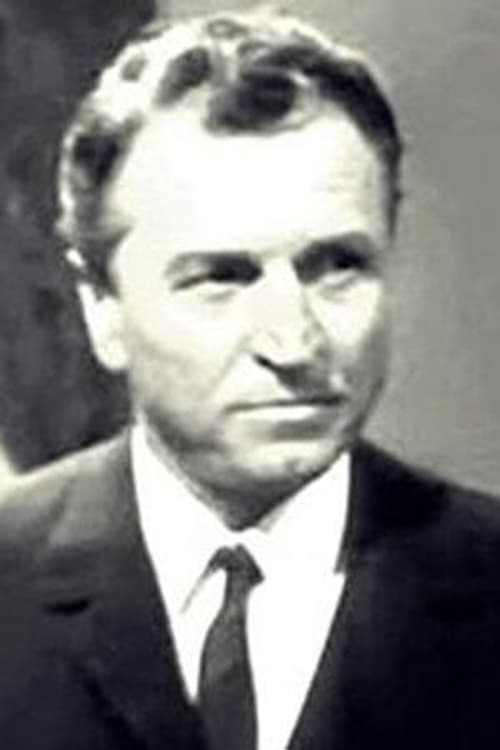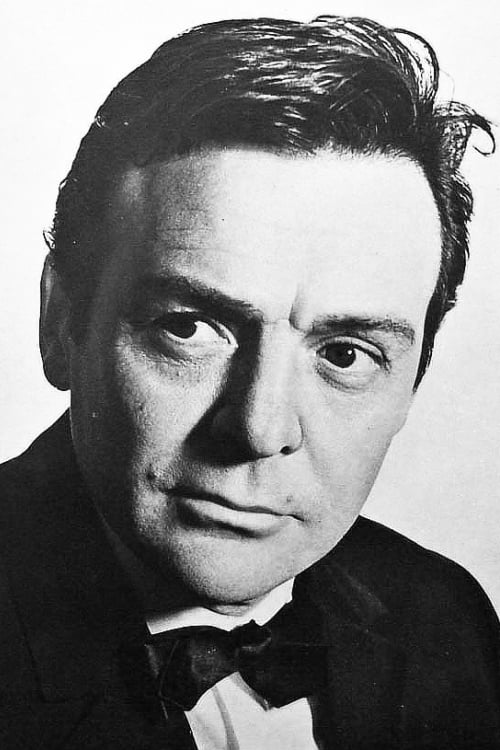The Swelling River (1981)
Gênero : Drama
Runtime : 1H 12M
Director : Besim Sahatçiu
Sinopse
In a mining plant in Kosovo, as occurs in many work organizations across the country, workers continue to win new positions in the self-management. The former miner and fighter - now general manager of the factory - is on the side of the workers, but has troubles in personal life.

O marido de Fahrije está desaparecido desde a guerra em Kosovo, então ela abre seu próprio pequeno negócio para sustentar seus filhos. Mas enquanto luta contra uma sociedade patriarcal que não a apoia, ela enfrenta uma decisão crucial: esperar pelo retorno dele, ou para continuar a perseverar.
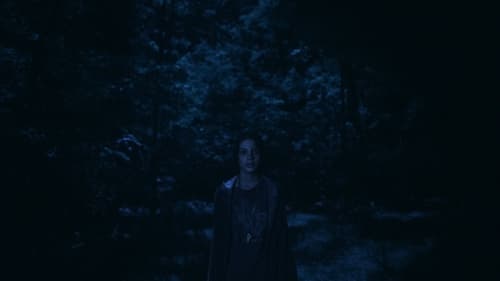
The film deals with the metaphor of fear, but hidden everyday formless news about the life of the Serbian population in Kosovo. The film is inspired by a letter from a girl from Kosovo, dedicated to her missing father, read at the United Nations, in which she publicly addresses the difficult life of Serbs, especially Serb children in the enclaves.
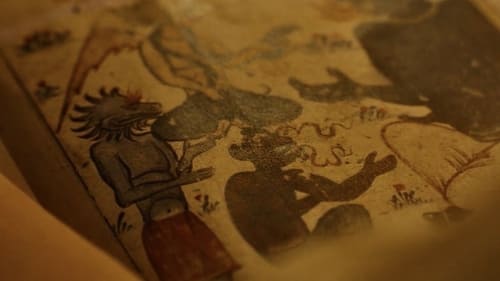
Haunted by her long-suppressed past and pressured by family to seek treatment from mystical healers for her infertility, a Kosovar woman struggles to reconcile the expectations of motherhood with a legacy of wartime brutality.

A documentary exploring sexism and patriarchy in Kosova.
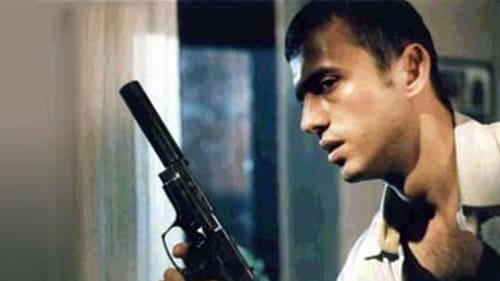
A love story between a Serbian girl and young Albanian set against the background of current Balkanic conflict.
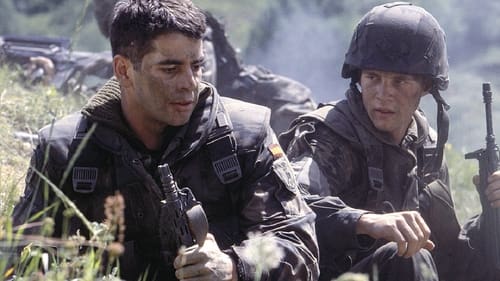
Inverno de 2000. Kosovo acaba de tornar-se um proterorado militar no coração da Europa. Um esquadrão de engenheiros do exército espanhol é enviado em uma missão para restaurar o fornecimento de eletricidade em uma vila dos Bálcãs. Cheio de idéias humanitárias, esses jovens logo se vêem em uma parte da Europa sem ideias e hostil a sua presença. Contra sua vontade, eles acabam envolvidos em um conflito violento e sem sentido que ameaça suas vidas. Forçados a lutar para sobreviver, eles serão confrontados com os horrores da guerra e com a perda da inocência.

Young Bundeswehr soldiers Tom and Charly are stationed in Kosovo with the KFOR peacekeeping force. Their mission is to secure peace. Although the brutal war between the enemy Serbs and Albanians is officially over, the hatred between people continues to smoulder. When Tom and Charly rescue the young Serbian Mirjana from the fatal shot of the young sniper Durcan, they get caught between all fronts. They lose their professional distance due to the resulting closeness to Mirjana - who has to learn that her father was a war criminal - but also to Durcan - whose entire family was wiped out. Soon they are entangled in a conflict about guilt, manipulation, love and revenge...
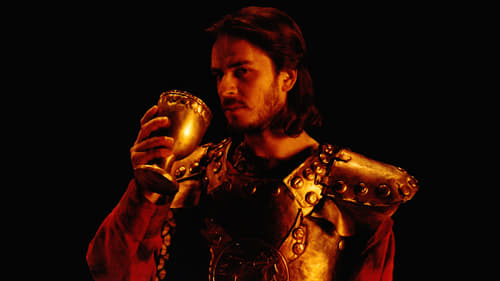
Batalha do Kosovo é um filme histórico, drama/bélico jugoslavo de 1989 filmado na Sérvia. O filme é baseado no drama escrito pelo poeta Ljubomir Simović. Descreve a histórica Batalha do Kosovo entre a Sérvia Medieval e o Império Otomano, que teve lugar a 15 de Junho (de acordo com o calendário Juliano, 28 de Junho de acordo com o calendário Gregoriano) num campo cerca de 5 Km a noroeste de Priština.
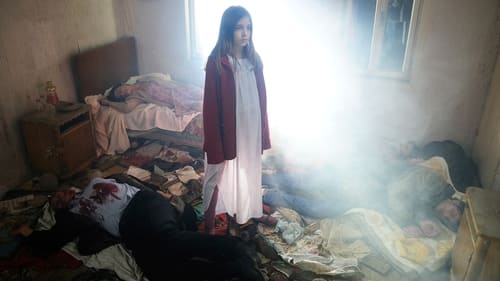
Baseado em uma história verídica, Agnus Dei é uma espécie de Édipo dos nossos dias. Pedro deve encontrar o seu caminho para a redenção. Mas o passado dar-se a conhecer e o destino concede misericórdia com moderação. Ele pode salvar a si mesmo, ou mesmo ser salvo?

A woman who is raped and gives birth to a child in war torn Kosovo, struggles to keep her child.

In the Kosovo War, human dignity was shattered by the terrors of the Serbian government and the Albanian liberation army. Truths about the victims’ fates faded away, which is why a Finnish forensic research group led by Helena Ranta got a mission to act as an unbiased agent and investigate the real course of events.

Destinies of two friends-fighters during WW2.
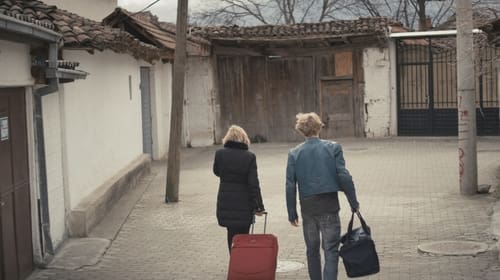
A lonely boy, who lives in Amsterdam with his refugee mother from Kosovo, keeps getting into trouble while yearning for her acceptance. But the traumas caused by the war, which his mother hides away from him, turn his world upside down.

Kosmet in the fall of 1944. The Partisans have successfully liberated the town of Prizren from occupying Germans,and Ramiz Leshi, a brave and cunning KNOJ captain, has to liquidate the remainder of the local Quislings, called Balists. They are led by a ruthless, German-trained soldier Kosta and by Ahmet, the brother of the famous Captain. As Ramiz is trying to get Ahmet out of the gang and hunt down the rest of the Balists, 2 new girls arrive in town. One of them is Lola, a bar singer with a questionable agenda, and the other is Vida, a withdrawn music teacher from Belgrade.

Uka is an old Albanian who lives in the mountains on the border of Kosovo and Albania. As an honorable man, he must deal with his son who befriended Italian fascists during WW2.

'History is always made in the middle of the night. And when it happens, you are so damned tired, that you couldn't care less,' says Robert Cooper, an EU peace negotiator whose job it is to get Serbia and Kosovo to reach an agreement about peaceful coexistence. National pride and compromise are on everyone's lips, and much is at stake: Kosovo wants to come closer to independence, the Serbs have been promised EU membership if they can reach an agreement, and the EU tries to strengthen its credibility. But how far is each party willing to go? It is the unique characters that make this fascinating film about a delicate political game so vivid and loveable. The stoic, Serbian negotiator has a great passion for rock music, his colleague from Kosovo does not want to miss out on his daily visit to the hairdresser, and Cooper himself has a closet full of ties - one for every conceivable occasion.

Stolen Kosovo is a Czech language documentary by director Václav Dvořák (b. 1948), about the Serbian–Albanian conflict in Kosovo. The documentary describes the situation, first in a short overview of the history of the area, followed by the 1990s conflicts and bombing of Serbia by NATO forces in 1999 and ending with the situation after the Kosovo War. The documentary focuses on the 1990s in the time of Slobodan Milošević's rule as well as on numerous interviews of Serbian civilians and, less, of Albanian insurgents against the Milošević regime.
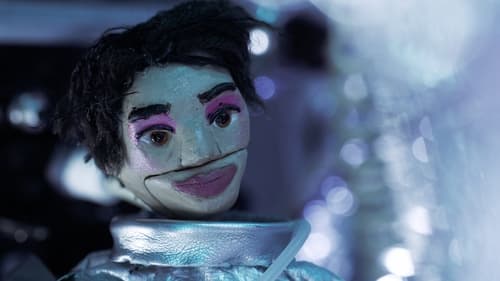
For 18-year-old Finnish–Kosovan Fatu, a simple visit to the grocery store feels as nerve-racking as a lunar expedition: for the first time in his life, he’s wearing makeup in public. Luckily his best friend Rai, a young woman on the spectrum of autism, is there to ferociously support him through the voyage.

Images and reality intermingle in this account of the writer's own experiences under totalitarian regime.

A Serbian family leaves the troubled Kosovo region after Albanians rape the daughter in front of her mother. When they leave their home after the assault, their family tombs are desecrated, and the move to northern Serbia is marked by rejection by the local people of their new community.


